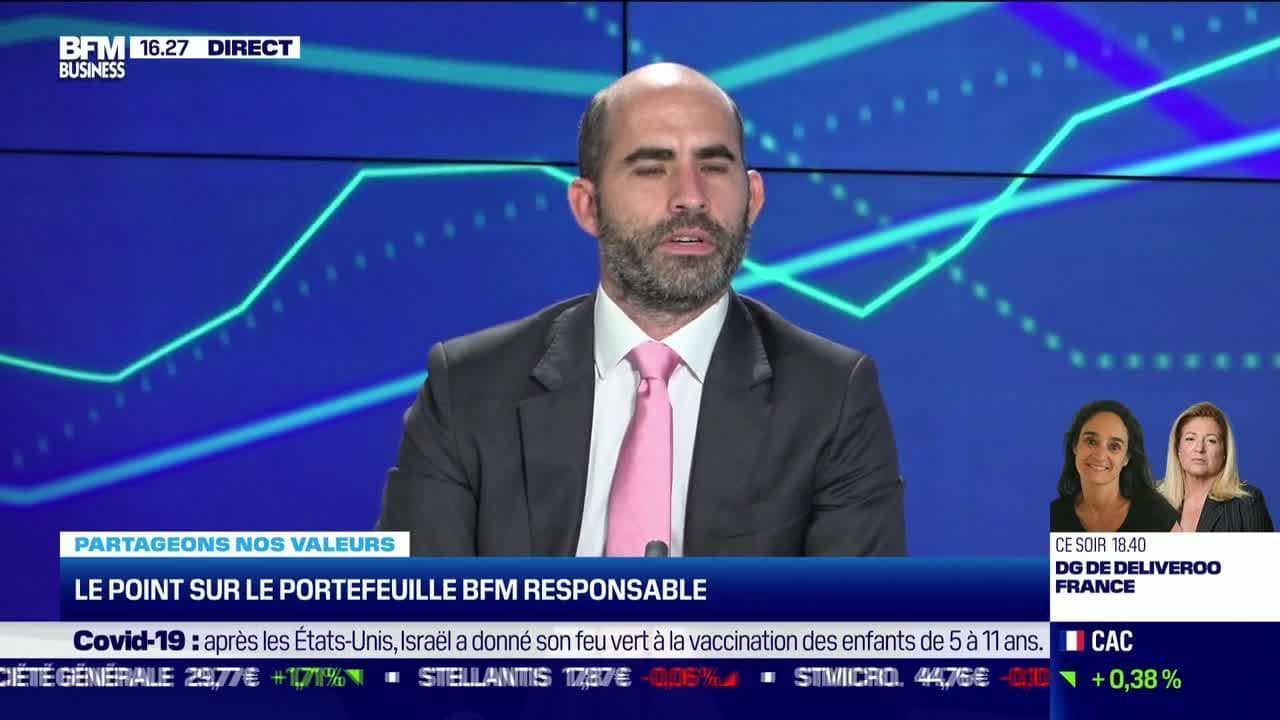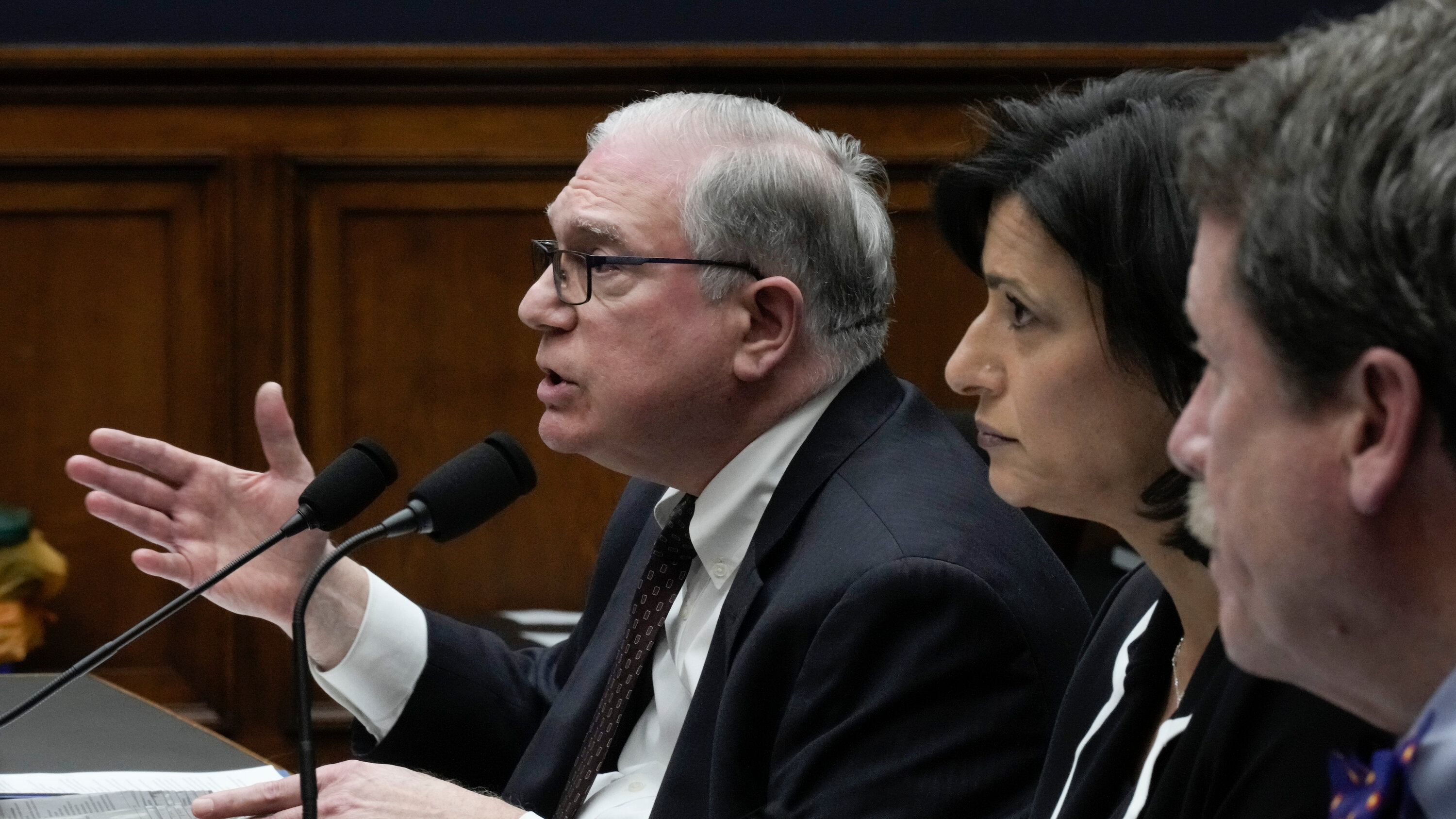FTC Challenges Court Ruling On Microsoft's Activision Acquisition

Table of Contents
The FTC's Arguments Against the Merger
The FTC's core argument centers on the belief that the Microsoft Activision merger would create an anti-competitive environment within the gaming industry, ultimately harming consumers.
Concerns about Anti-competitive Practices
The FTC argues that the merger would grant Microsoft undue market power, leading to several negative consequences for gamers and competitors alike.
- Microsoft's potential control over popular franchises like Call of Duty: The FTC is concerned that Microsoft could leverage its ownership of Call of Duty and other Activision Blizzard franchises to stifle competition. Exclusivity deals or making these titles less attractive on rival platforms are potential scenarios.
- Reduced incentives for Microsoft to support rival platforms: The FTC worries that once the acquisition is complete, Microsoft will have less incentive to ensure the availability of Activision Blizzard games on platforms like PlayStation, Nintendo Switch, and others. This reduced competition could negatively impact gamers on these consoles.
- Potential for exclusionary practices to harm competitors: The FTC is concerned that Microsoft could use its increased market power to engage in exclusionary practices, hindering smaller game developers and publishers. This could limit innovation and choice in the gaming market.
The Judge's Ruling and the FTC's Disagreement
The FTC strongly disagrees with the court's decision, arguing that the judge failed to adequately consider crucial evidence presented regarding Microsoft's potential anti-competitive behavior.
- Key points of contention with the court's decision: The FTC believes the court underestimated the potential for Microsoft to leverage its market position post-merger.
- Specific evidence the FTC believes was overlooked: The FTC likely points to data on market share, past behavior of Microsoft in similar situations, and potential future scenarios to illustrate its concerns.
- The FTC's legal strategy for appealing the ruling: The FTC's appeal likely centers on presenting further evidence and arguing that the court's interpretation of existing antitrust law was flawed. This will involve a detailed legal challenge to the original ruling's reasoning and conclusions.
Microsoft's Defense and Counterarguments
Microsoft has consistently defended the acquisition, portraying it as beneficial for the gaming industry and consumers.
Promises of Continued Platform Support
A central element of Microsoft's defense is its pledge to maintain cross-platform availability for Activision Blizzard titles.
- Microsoft's commitment to cross-platform compatibility: Microsoft has repeatedly stated its intent to continue releasing Call of Duty and other Activision Blizzard games on PlayStation, Nintendo Switch, and other platforms. This commitment has been formalized in agreements with Sony and other companies.
- Agreements made with competitors regarding access to games: Microsoft has made public commitments and signed agreements to secure access to Activision Blizzard titles for competing platforms. This strategy aims to counter FTC concerns about reduced competition.
- Microsoft’s rebuttal of the FTC's claims: Microsoft argues that its actions and future plans demonstrate a commitment to fair competition and that the FTC's concerns are unfounded or overblown.
Economic Benefits and Innovation
Microsoft further asserts that the merger will stimulate innovation and generate economic growth.
- Synergies between Microsoft and Activision Blizzard: Microsoft highlights potential synergies in game development, technology, and marketing, arguing that these will lead to better games and a more vibrant gaming ecosystem.
- Investments in game development and technology: Microsoft intends to significantly increase investments in game development and technology, leading to improved game quality and a wider range of gaming experiences.
- Potential economic growth generated by the merger: Microsoft claims the acquisition will fuel economic growth within the gaming industry, creating jobs and opportunities for developers and other related industries.
Implications for the Gaming Industry and Consumers
The outcome of this legal battle will profoundly impact the gaming landscape and its consumers.
Impact on Game Prices and Availability
The success or failure of the FTC's challenge directly affects the price and availability of numerous popular video games.
- Potential scenarios under different outcomes: If the FTC prevails, the merger could be blocked, potentially maintaining the current market structure. A Microsoft win could lead to significant changes in game pricing and availability across various platforms.
- How the ruling impacts other similar mergers: The decision sets a precedent for future mergers and acquisitions in the gaming industry and similar tech sectors, potentially influencing regulatory oversight and increasing scrutiny of such deals.
- Long-term effects on the game market: The long-term impact could involve changes in game development strategies, market dynamics, and the overall competitive landscape of the video game industry.
The Future of Antitrust Regulation in the Gaming Sector
This case has far-reaching implications beyond just the Microsoft Activision Blizzard deal.
- Scrutiny on future similar mergers: The legal battle increases regulatory scrutiny on future mergers and acquisitions in the gaming industry and other tech sectors. Larger deals will likely face more thorough investigations.
- Evolution of antitrust laws in the digital era: The legal arguments and the court's decisions contribute to the evolving interpretation and application of antitrust laws in the digital age, adapting to the specific characteristics of the tech market.
- Impact on investor confidence in large tech acquisitions: The outcome affects the confidence of investors regarding future large tech acquisitions, influencing the deal-making landscape and potentially impacting overall investment strategies.
Conclusion
The FTC's challenge to the court ruling on Microsoft's acquisition of Activision Blizzard represents a major turning point in the ongoing debate about competition and market dominance in the video game industry. The outcome will shape the future of the merger and significantly impact the landscape of gaming for years to come. This legal battle highlights the complexities of regulating mergers in the rapidly evolving tech world. The Activision Blizzard acquisition remains a highly significant case in antitrust law and its impact on the gaming industry.
Call to Action: Stay informed about the latest developments in this critical case as the FTC’s challenge to the Microsoft Activision Blizzard acquisition unfolds. Follow our updates for the latest news on this landmark case and its implications for the future of the gaming industry and antitrust regulations concerning major tech mergers.

Featured Posts
-
 Arbitrage Et Performance Du Portefeuille Bfm Semaine Du 17 Fevrier
Apr 23, 2025
Arbitrage Et Performance Du Portefeuille Bfm Semaine Du 17 Fevrier
Apr 23, 2025 -
 Asear Alktakyt Alywm Alathnyn 14 Abryl 2025 Fy Msr Thdyth Jdyd
Apr 23, 2025
Asear Alktakyt Alywm Alathnyn 14 Abryl 2025 Fy Msr Thdyth Jdyd
Apr 23, 2025 -
 Lab Owner Pleads Guilty To Falsifying Covid 19 Test Results
Apr 23, 2025
Lab Owner Pleads Guilty To Falsifying Covid 19 Test Results
Apr 23, 2025 -
 Millions Made From Office365 Hacks Insider Threat Exposed
Apr 23, 2025
Millions Made From Office365 Hacks Insider Threat Exposed
Apr 23, 2025 -
 Apr 23, 2025
Apr 23, 2025
